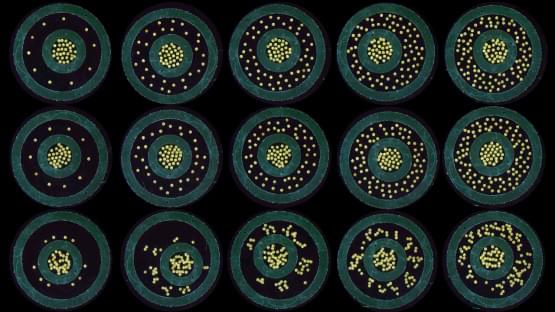The ISR in cancer cells triggers the production of a protein called Activating Transcription Factor 4, or ATF4, which in turn triggers the action of many genes that help cancer cells survive, the study authors say. The new work shows that ATF4 also instructs the cell to release LCN2 to protect the tumor from the immune system.
The research team found that LCN2 passes on the ATF4 message to switch macrophages, a type of immune cell abundant in tumors, into an “immunosuppressive” mode, which keeps cancer-killing T cells from entering the tumor.
Whereas ATF4 operates inside cancer cells, LCN2 is released outside where it can be more easily targeted by drugs, the researchers said. Therefore, they designed an antibody therapy, a lab-made version of an immune protein, to bind and block LCN2, which kept it from manipulating macrophages, letting the sidelined T cells back into tumors.
When the researchers team engineered mice to both develop cancer, and to lack LCN2, tumor growth slowed. That this effect happened only in mice with healthy immune systems suggested that an important role for LCN2 is to block the immune attack on tumors.
Next, the team examined tumor samples from more than 100 lung cancer patients and 30 pancreatic cancer patients. High LCN2 levels were linked to a median survival of 52 months, compared to 79 months for patients with low levels.
When treated with an antibody that blocked LCN2, tumors in mice became flooded with T cells and shrank. Combining the LCN2 antibody with an existing immunotherapy drug worked even better, extending survival in mice with aggressive lung cancer. ScienceMission sciencenewshighlights.








